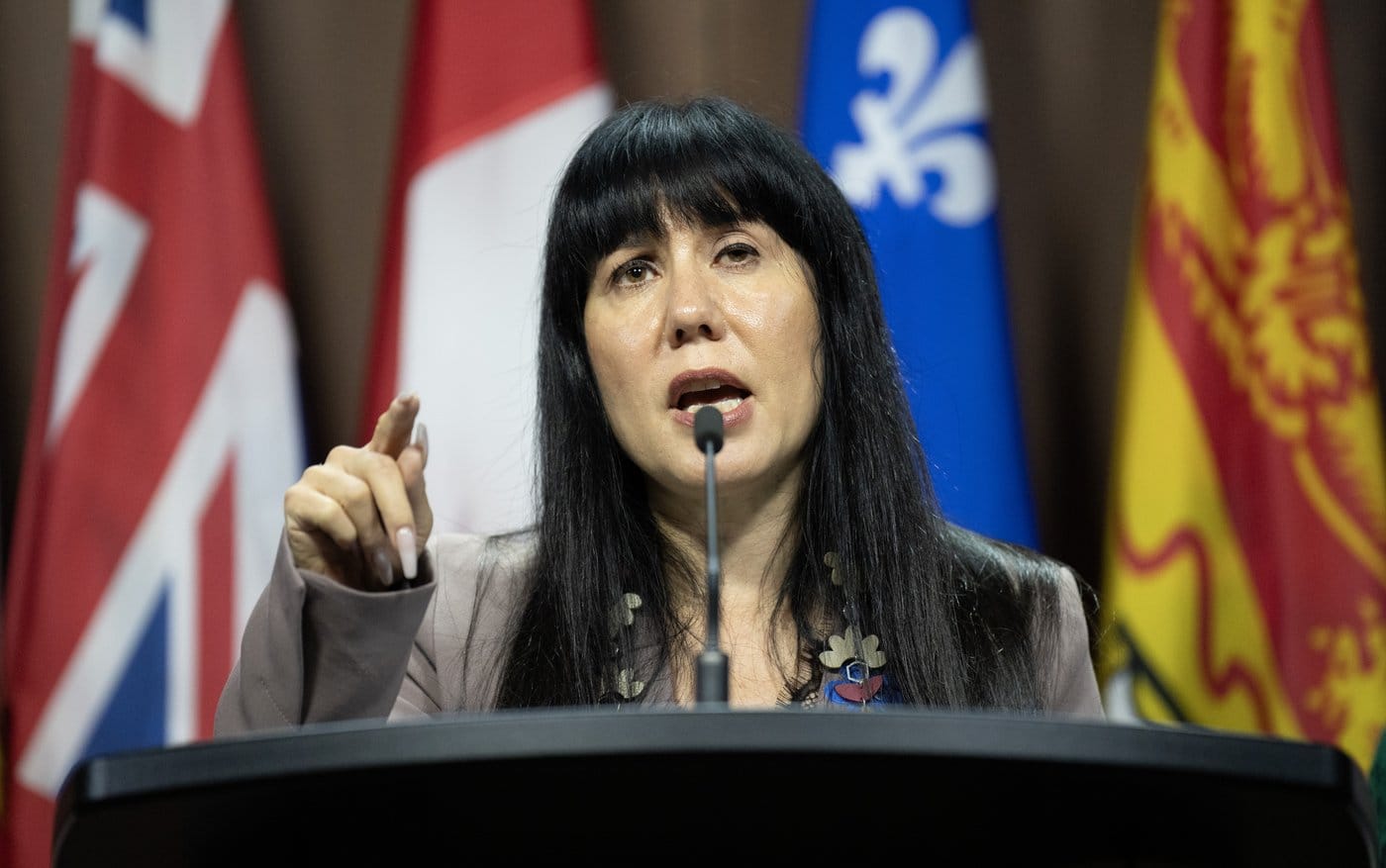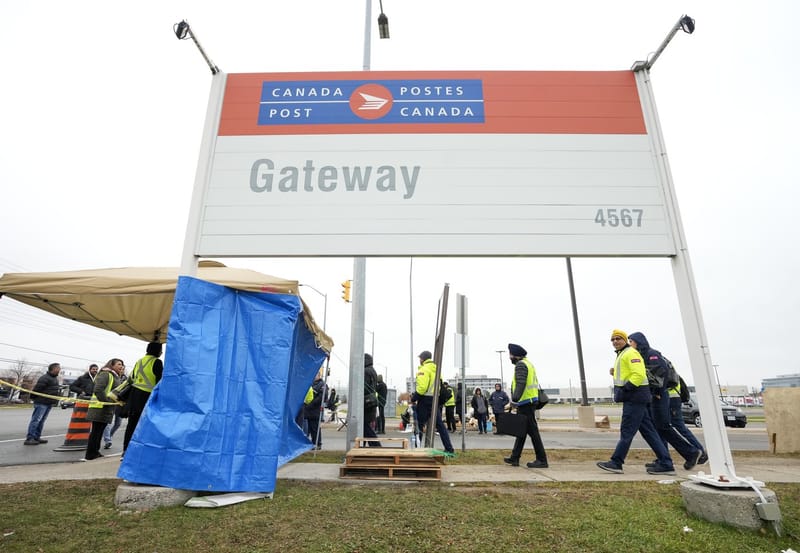A measure to make denial of residential schools illegal is introduced by an NDP MP
NDP MP Leah Gazan, the bill’s sponsor, emphasized the destructive purpose of the residential school system, which aimed to erase Indigenous cultures and languages.

An NDP MP has introduced a bill aimed at criminalizing residential school denialism, which would make it illegal to condone, justify, or downplay the historical and ongoing impacts of residential schools on Indigenous communities.
The bill seeks to address the harm caused to survivors, their families, and their communities by those who deny or distort the truth about the schools' legacy.
If passed, the private member’s bill would amend the Criminal Code to make it a crime to promote hatred against Indigenous Peoples by denying or minimizing the reality of residential schools.
NDP MP Leah Gazan, the bill’s sponsor, emphasized the destructive purpose of the residential school system, which aimed to erase Indigenous cultures and languages.
She stressed that if the Canadian government is committed to reconciliation, it must protect survivors and their families from hate and denialism.
"The residential school system was a genocide designed to wipe out Indigenous cultures, languages, families, and heritage. To downplay, deny, or justify it is cruel, harmful, and hateful. This should have no place in Canada," Gazan said.
More than 150,000 Indigenous children were forcibly taken to residential schools, where many experienced abuse. Survivors recounted their experiences to the Truth and Reconciliation Commission, and the last of these schools closed in 1996.
An estimated 6,000 children died in these schools, though experts believe the actual number could be much higher.
Gazan stressed that families affected by the residential school system deserve the opportunity to heal from this "intergenerational tragedy" and that lawmakers must resist efforts to discredit survivors’ stories.
The proposed legislation outlines that anyone promoting hatred against Indigenous Peoples by "condoning, denying, downplaying, or justifying the Indian residential school system in Canada, or misrepresenting facts related to it," could face up to two years in prison.
The bill allows for certain defenses, such as if the statements were true, relevant to the public interest, intended to highlight hatred against Indigenous Peoples, or expressed as religious opinion.
Kimberly Murray, Canada's special interlocutor for missing children and unmarked graves, has also called for stronger government measures to counter what she refers to as residential school denialism.
In a report last year, Murray documented increasing attacks from "denialists" who challenge Indigenous communities when they announce the discovery of unmarked graves.
"This violence is prolific," her report stated, noting that denialists use email, social media, and even in-person confrontations to undermine these discoveries.
One example followed the May 2021 announcement by the Tk’emlúps te Secwépemc Nation, which found 215 possible unmarked graves at the former Kamloops Indian Residential School site.
The finding triggered widespread grief and outrage, but also prompted denialist activity, with some individuals even visiting the site at night, claiming they wanted to "see for themselves" if children were buried there.
Gazan previously introduced a motion in the House of Commons that acknowledged residential schools as an act of genocide. The motion passed unanimously.
Presenting the bill in the House of Commons on Thursday, Gazan described it as a tribute ahead of Orange Shirt Day, a national day of remembrance on September 30th for children who never returned from residential schools.
"May you find justice and healing in the protection of your stories," she said.





